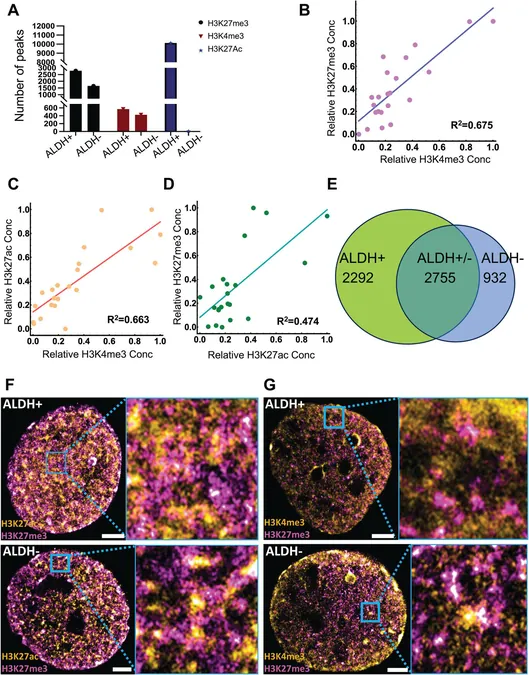
New Rules on Deferred Income Assessment: A Boon for Young Couples or a Risky Gamble?
2025-03-28
Author: Nur
Making Homes More Accessible for Young Couples
With soaring property prices, young couples often find it difficult to purchase homes, especially when their earnings are limited or non-existent. According to Christine Sun, chief researcher and strategist at OrangeTee, the revised scheme shifts the focus from evaluating current incomes to future earnings. This change allows young couples to potentially qualify for larger loans, making it easier for them to afford pricier properties, even if they are currently living on a single income or have no income at all.
Eugene Lim, key executive officer at ERA Singapore, noted that the relaxed eligibility criteria for the scheme encourages young couples to start their financial planning early, positioning them to take advantage of anticipated future income growth. However, this optimistic outlook comes with a caveat: the assumption of a secure financial future may not always hold true, especially considering the unpredictability of job markets.
The Risks of Overestimating Future Income
Analysts like Lee Sze Teck, senior director for data analytics at Huttons Asia, describe the scheme's future income assessment as akin to a "blind box." Buyers may drastically misjudge their earning potential, leading to decisions that could financially burden them later. For example, couples who might exceed the income ceiling of S$14,000 (around US$10,500) per month might rush to secure a flat now, only to find themselves in over their heads after committing to a property that exceeds their current financial situation.
Professor Sing Tien Foo from the National University of Singapore warns that higher future income assessments may limit access to essential financial aids, such as the Enhanced CPF Housing Grant, which varies based on income levels. Couples who see their incomes rise might miss out on these crucial grants.
Innovative Solutions or Short-Term Fixes?
To ease the financial outlay for young couples, the Staggered Downpayment Scheme allows for down payments to be split into two instalments. However, if couples still struggle, this down payment can further be reduced to just 2.5%. Despite these measures aimed at easing financial stress, the Housing Development Board (HDB) notes that if a couple becomes unable to afford their chosen property, their application can be canceled, which could lead to financial losses, including the forfeiture of a percentage of the purchase price.
Thoughts From the Ground
While the new scheme looks promising on paper, real-life opinions vary widely among potential young buyers. Many university students are hesitant. For instance, NTU student Ms. Huang, who applied for a BTO flat with her boyfriend, expressed concerns that the scheme would not benefit them due to her status as a full-time student. Similarly, other students like Jesslyn Tan and Wong Yi Xiu indicated that their focus remains on education and career growth rather than rushing to apply for a flat.
Overall, while the changes to the deferred income assessment scheme aim to make homeownership more attainable for young couples, the potential pitfalls remind us that securing a property is a significant long-term commitment—one that requires careful financial planning and realistic expectations about the future. As the government continues to adjust housing policies, it remains to be seen whether these new rules will lead to lasting benefits or simply create a temporary solution fraught with risk.



 Brasil (PT)
Brasil (PT)
 Canada (EN)
Canada (EN)
 Chile (ES)
Chile (ES)
 Česko (CS)
Česko (CS)
 대한민국 (KO)
대한민국 (KO)
 España (ES)
España (ES)
 France (FR)
France (FR)
 Hong Kong (EN)
Hong Kong (EN)
 Italia (IT)
Italia (IT)
 日本 (JA)
日本 (JA)
 Magyarország (HU)
Magyarország (HU)
 Norge (NO)
Norge (NO)
 Polska (PL)
Polska (PL)
 Schweiz (DE)
Schweiz (DE)
 Singapore (EN)
Singapore (EN)
 Sverige (SV)
Sverige (SV)
 Suomi (FI)
Suomi (FI)
 Türkiye (TR)
Türkiye (TR)
 الإمارات العربية المتحدة (AR)
الإمارات العربية المتحدة (AR)